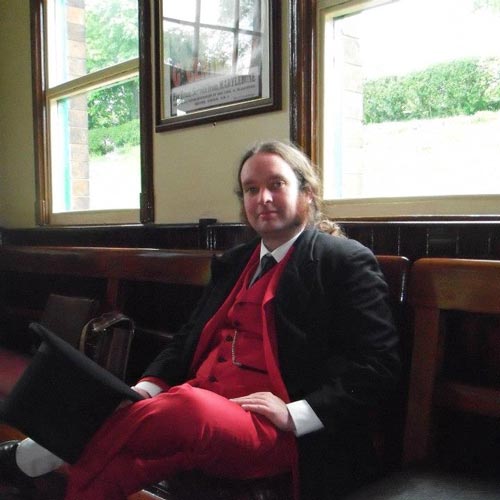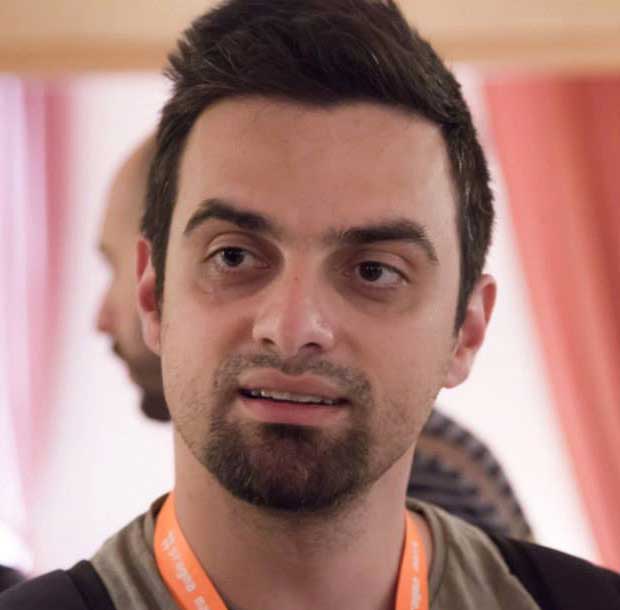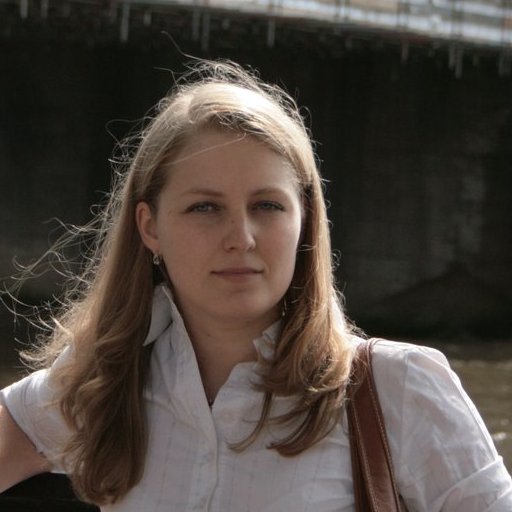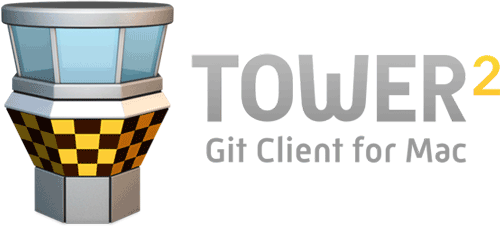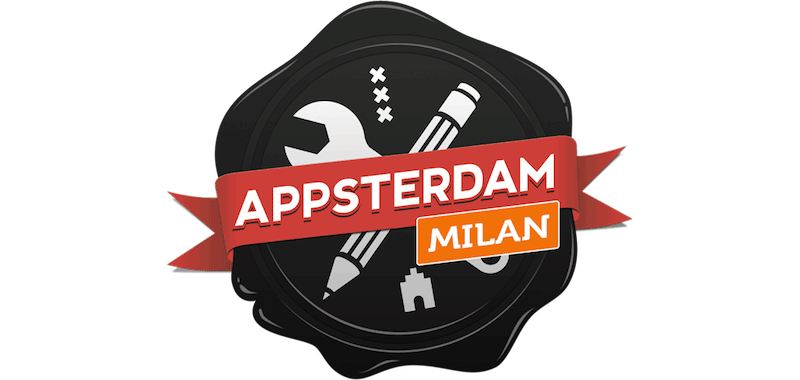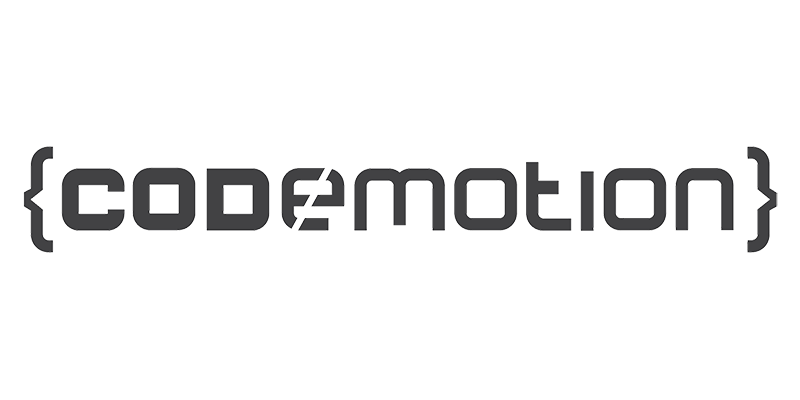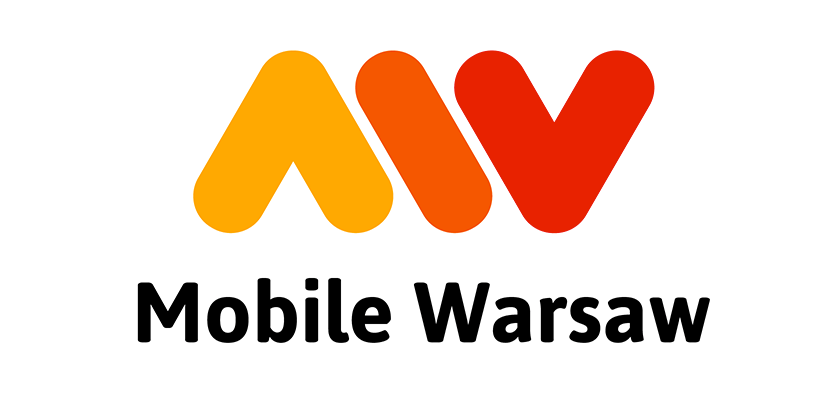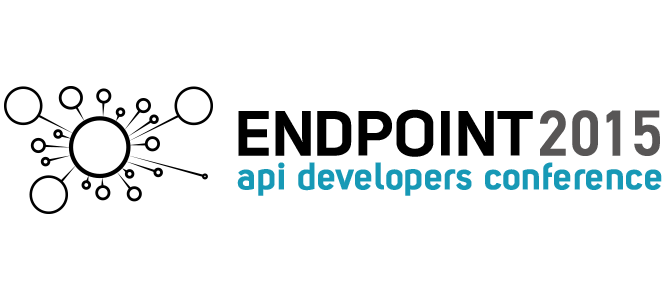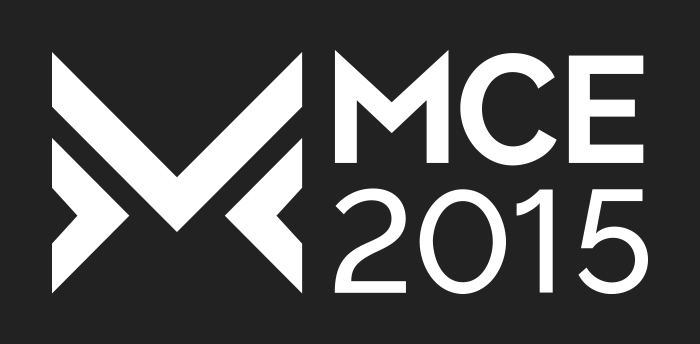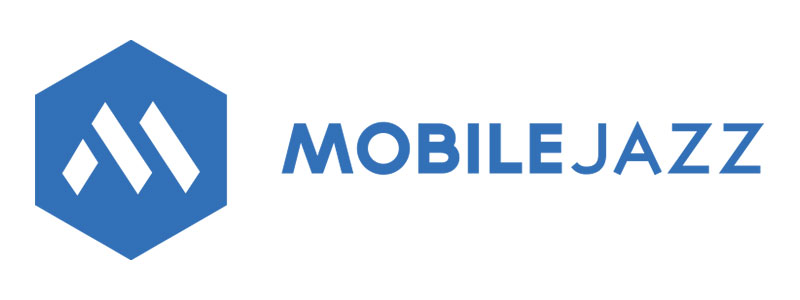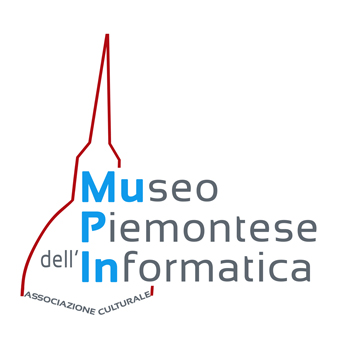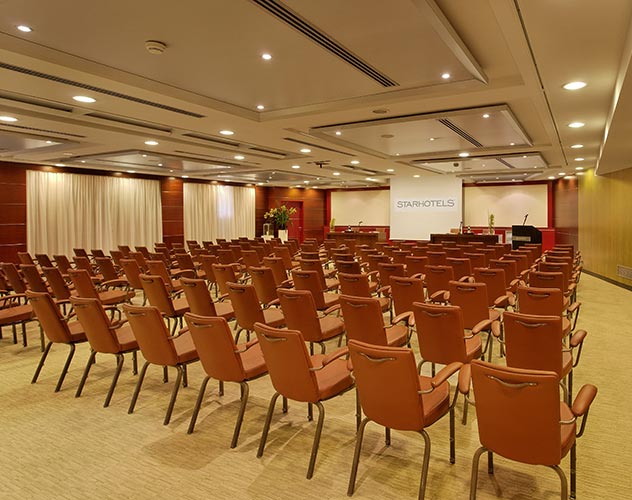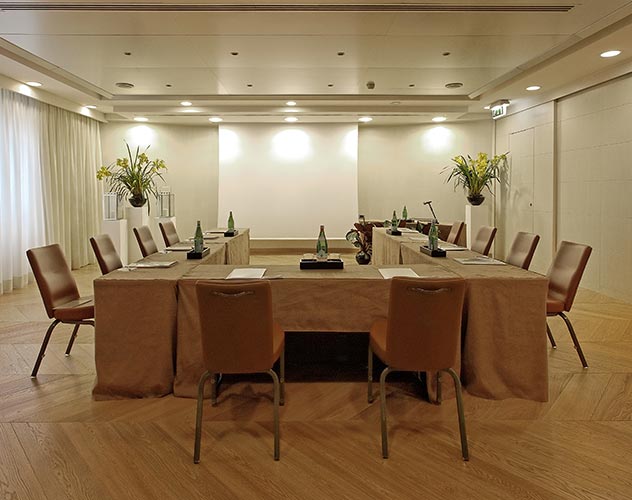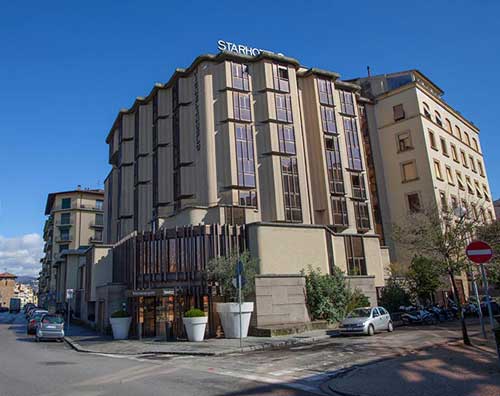Florence, Italy
Hotel Michelangelo9‐10 October
20154 Workshops
October 9th16 Talks
October 10thThe iOS & OS X Developers Conference
Build succeeded.
#pragma mark community is proud to announce #Pragma Conference 2015: the only major event dedicated to iOS and OS X development in Italy. There will be two full days of awesome workshops and talks by renowned international speakers.
Conference Day
Saturday, October 10 from 9am to 19pm
The Conference Day is dedicated to sessions and networking: 16 speakers on 2 tracks will talk about the most interesting and cutting-edge topics of the Apple world. It’s a unique opportunity to meet some of the most influential speakers to learn and discuss about novel frameworks, best practices and the latest development methodologies.
Workshop Day
Friday, October 9 from 9am to 19pm
A day of practical, in-depth, 6-hours workshops taught by industry experts. The topics will span from consolidated Cocoa technologies and practices to the latest announced APIs, tools and frameworks. Each workshop will get you from zero to hero on a specific topic, with a hands-on experience and in-depth explanation of advanced details, tips and tricks as learned from the teacher’s experience.
Speakers
Oliver Drobnik
iOS developer at Cocoanetics.com, writing tutorials about obscure iOS development topics
Justin Spahr-Summers
Maintainer of several Cocoa projects, including ReactiveCocoa, Mantle, and Carthage
Anastasia Kazakova
C/C++ developer, *nix freak, good tools believer, product marketing manager for CLion and AppCode at JetBrains
Conference day video
All video from October 10th
Library-Oriented Programming
Speaker: Justin Spahr-Summers
Abstraction is a beautiful thing, and easier than ever with Swift. But when we throw all of our abstractions straight into one codebase our app’s it’s very easy for them to become tightly coupled. Library-oriented programming is a solution for this problem. By creating one library per abstraction, we’ll end up with components that are simpler, encapsulated better, and more maintainable. This talk will explain exactly what “library-oriented” means, how libraries and frameworks reduce coupling, and when the right time is to build a new library. Finally, we’ll cover some specifics for creating all these new projects, from API design, to dependency management, to ensuring that each one succeeds in its own right.
*-Oriented Programming
Speaker: Graham Lee
Developers describe languages, tools and even each other as being "oriented" in some way: Object-Oriented, Protocol-Oriented, Functional, and so on. These are said to be distinct paradigms, frameworks of thinking about the programs we're writing. Are they so dissimilar, or are we all thinking about software in the same way?
Swift and C
Speaker: Chris Eidhof
In this talk, we'll look at how we can wrap a C library and make it work in Swift.
What’s in for us after the Indiepocalypse?
Speaker: Marin Todorov
We’re an iOS studio of two – I code and my friend Nikolay makes all the graphics. We released our first iPhone app for iOS 3.1 and we kept putting out small fun apps for the next five years. Times were good and we thought it’s always gonna be like this in the App Store. But now that the Indiepocalipse is upon us we’re not as happy as we used to be. Apple isn’t into indies anymore and the App Store is a slaughterhouse. For newcomer indies the App Store might look terrifying, and for small studios like us that did not grow and stayed independent and casual things are shaky at best. Tons of developers are in a kind of limbo – what to do after the Indiepocalipse is over? What is the next logical step – try harder on the App Store, pivot, change platforms? Let’s explore some ideas together.
Design 101 for Developers
Speaker: Christopher Downer
As a designer, I've seen a lot of discussion around whether designers should code, but rarely have I seen people wondering if developers should design? It turns out, developers already are designers, and make design decisions every day. I hope to get developers to think more like a designer, make better design decisions, and become less reliant and dependant on designers.
Loosely Held Strong Convictions
Speaker: Ash Furrow
It's been over a year since developers began using Swift to write iOS applications, and we've seen the Cocoa community expand in all directions in an effort to discover the best practices of Swift. Some of these explorations have been fruitful, and some have not. This talk presents advice to help you distinguish between what's cool and what's smart. Between substance and hype. Bring an open mind.
State of Statelessness
Speaker: Hannes Verlinde
The introduction of Swift has sparked a revival of interest in functional programming concepts like composition, immutability and algebraic datatypes. At Facebook, the same ideas have been gaining traction for many years now, inspiring frameworks like ComponentKit and React Native. We'll discuss common design principles and different trade-offs made, and what it all means to you as an iOS developer.
Open Source by Default
Speaker: Orta Therox
Open Source by Default is a movement that we've been trying to apply to our engineering practice at Artsy. Within the mobile team we've been operating at this level for a year or two now. I plan on talking around the mechanics of how this works culturally, how this affects how the team thinks and ways in which we can build better products this way.
Sponsors
Take part of this adventure and become the sponsor of the most important Italian tech event. #PragmaConf is a non profit conference. Help us to keep the ticket price low! Last year, the conference drew more than 180 developers and industry professionals. This year we are aiming for an even wider audience of international level. View the sponsorship packages for more info. If interested, please contact us via email.
-
State of Statelessness
Hannes Verlinde
The introduction of Swift has sparked a revival of interest in functional programming concepts like composition, immutability and algebraic datatypes. At Facebook, the same ideas have been gaining traction for many years now, inspiring frameworks like ComponentKit and React Native. We'll discuss common design principles and different trade-offs made, and what it all means to you as an iOS developer. -
What’s in for us after the Indiepocalypse?
Marin Todorov
We’re an iOS studio of two – I code and my friend Nikolay makes all the graphics. We released our first iPhone app for iOS 3.1 and we kept putting out small fun apps for the next five years. Times were good and we thought it’s always gonna be like this in the App Store. But now that the Indiepocalipse is upon us we’re not as happy as we used to be. Apple isn’t into indies anymore and the App Store is a slaughterhouse. For newcomer indies the App Store might look terrifying, and for small studios like us that did not grow and stayed independent and casual things are shaky at best. Tons of developers are in a kind of limbo – what to do after the Indiepocalipse is over? What is the next logical step – try harder on the App Store, pivot, change platforms? Let’s explore some ideas together. -
Swift and C
Chris Eidhof
In this talk, we'll look at how we can wrap a C library and make it work in Swift. -
Library-Oriented Programming
Justin Spahr-Summers
Abstraction is a beautiful thing, and easier than ever with Swift. But when we throw all of our abstractions straight into one codebase our app’s it’s very easy for them to become tightly coupled. Library-oriented programming is a solution for this problem. By creating one library per abstraction, we’ll end up with components that are simpler, encapsulated better, and more maintainable. This talk will explain exactly what “library-oriented” means, how libraries and frameworks reduce coupling, and when the right time is to build a new library. Finally, we’ll cover some specifics for creating all these new projects, from API design, to dependency management, to ensuring that each one succeeds in its own right. -
Core Data Threading Demystified
Marcus Zarra
In this talk Marcus Zarra will be clarifying the *best* approach to using Core Data in a multi-threaded environment. He will break down when you should be using Core Data on multiple threads, why you should be doing it and when you should not. By the end of this talk you will have a firm grasp of how Core Data is meant to be used in a multi-threaded environment and with that knowledge you will be able to utilize Core Data properly whether you are using one thread or many. -
Loosely Held Strong Convictions
Ash Furrow
It's been over a year since developers began using Swift to write iOS applications, and we've seen the Cocoa community expand in all directions in an effort to discover the best practices of Swift. Some of these explorations have been fruitful, and some have not. This talk presents what Ash considers to be "best practices", along with advice to help you distinguish between what's cool and what's smart. Between substance and hype. Bring an open mind. -
Open Source by Default
Orta Therox
Open Source by Default is a movement that we've been trying to apply to our engineering practice at Artsy. Within the mobile team we've been operating at this level for a year or two now. I plan on talking around the mechanics of how this works culturally, how this affects how the team thinks and ways in which we can build better products this way. -
*-Oriented Programming
Graham Lee
Developers describe languages, tools and even each other as being "oriented" in some way: Object-Oriented, Protocol-Oriented, Functional, and so on. These are said to be distinct paradigms, frameworks of thinking about the programs we're writing. Are they so dissimilar, or are we all thinking about software in the same way?
-
Design better app icons
Micheal Flarup
Michael talks about best practices when designing app icons and how to create memorable, apt and unique icons for mobile platforms. He goes through 5 major aspects of app icon design and give real work examples of how he has worked with those qualities. It’s packed full of stories, advice and pixels and he promises there’ll be something in it for everybody – whether you’re just about to make your first app icon or a seasoned veteran. -
Design 101 for Developers
Christopher Downer
As a designer, I've seen a lot of discussion around whether designers should code, but rarely have I seen people wondering if developers should design? It turns out, developers already are designers, and make design decisions every day. I hope to get developers to think more like a designer, make better design decisions, and become less reliant and dependant on designers. -
Let's Prototype it!
Martina Pagura
Why do designers build prototypes? What's the goal of prototypes? Why sometime so we talk with people to gather feedback on things made out of paper? This talk showcase different ways and reasons to prototype, and how they effect the process of getting to the right solution. Different prototypes help us gather various feedback from users in different phases of the project: sometimes we ask questions to get inspiration, sometimes to understand if we are going in the right direction, sometimes to validate what we are doing. Different media and different level of resolution can help us to get different answers, depending if we want to talk about a concept at initial stage or if we need to get feedback about functionality. -
Presence, Personality and Pulse
Anton McConville
Follow our digital footprints in this exploration of location aware devices, wearable devices and cognitive computing. This session is a design and technology case study of an interactive game for an event. The game combines iBeacon technology ( presence ), social media data ( personality ), and health data ( pulse ) in a cloud computing context. The data we generate just by moving, or interacting, is beginning to tell a story about our choices, revealing insight into our personalities. We'll look at how quickly we can mine that data with cloud and iOS technology, and think about helpful, real world business and social opportunities that our digital footprints can lead to. -
Be armed to the teeth to maintain a high quality iOS code
Anastasia Kazakova
It's obvious nowadays that the efficiency of the development team depends on the code quality. And diminishing in quality increases the maintainability costs. How to maintain clean and concise code? How to be sure a "GOTO FAIL" couldn't ever pass?! Dozens of tools and techniques exist to help developers keep their code base clean and of high quality. During this talk we're going to see what is available in the iOS/OSX space and see how combining these with good practices such as unit testing, we can help identify bugs, code smells and refactor to produce a better code base. -
Embracing the Internet of Things for cats
Sally Shepard
We’re all so focused on writing software that hardware can feel like a big step into the unknown. Lets challenge ourselves to think of new directions for where to take the internet of things. This talk will empower attendees to pursue IoT projects that they otherwise would have been scared off of, through showing how to simply and effectively prototype hardware solutions and carry out user testing. -
iOS Subscriptions 2.0
Oliver Drobnik
- Subscriptions 1.0 summary; and their differences to other IAPs
- Introducing all-service-included auto-renewable subscriptions
- The dreaded address marketing dialog and how to avoid it
- The only way to offer free trials on the app store, no extra work required!
- Apple's conditions for allowing you to use auto-renewable subscriptions in your apps
- Validating purchase receipts with or without a server
- Diving into ASN.1: determining the subscription expiration date
-
Marketing on the App Store
Tim Oliver
With the growth of apps on the App Store, getting the word out on a newly released app is become harder and harder. This talk would cover lessons learned from marketing an app that's been on the App Store for 3 years, including techniques on optimizing search results ranking, promoting user reviews inside the app, as well as general online support and promotion.
Schedule
This is the Conference Day schedule. This is subject to change without notice. Speakers listed here have been confirmed, but we may adjust timings and track assignments as we near the conference.
STARHOTELS Michelangelo
Viale Fratelli Rosselli, 2, 50123 Florence, Italy
HOW TO GET THERE
FROM THE STATION
From Santa Maria Novella station, the Starhotels Michelangelo can be reached using the new tram service and getting off at the first stop "Porta al Prato", located 50 meters away.
FROM THE HIGHWAY
From Milan, Highway A1 exit on Firenze Nord, then direction Porta al Prato. From Rome. Highway A1, exit Firenze Scandicci, then direction City Center; after crossing Ponte alla Vittoria bridge, turn right and then turn left on Viale F.lli Rosselli.
FROM THE AIRPORT
Take the "Volainbus", exit in Smn railway station, then take tram T1 till the 1st stop "Parco della musica - Stazione Leopolda".
Register
Be part of something great, and experience Florence the Swift way!
Tickets for the workshop day are on sale in a dedicated page!
Conference Day Tickets
Until the end of April you can buy the Conference Day ticket at a reduced price with the Swift Early Bird formula. Hurry up, quantity is limited. Swift Early Bird sold out in 3 days! Super Early Bird is selling like hotcakes, HURRY UP! YOU ARE REALLY REALLY AWESOME! Super early bird tickets are sold out more than 1 month in advance! Thanks to all of our early registrants!
We reserved a few special discounted tickets (50€) for students only for Conference Day. If you are eligible, send an email at info@pragmamark.org with your ID and a proof you are a student and, after the checks, we'll send back a link to complete your purchase. (SORRY SOLD-OUT)
Conference Day tickets sold out! you have the option to add yourself onto the waiting list. (sorry waiting list is closed)
F.A.Q
Some additional information about the event.
-
Will the event be in english or italian?
All workshops and talks will be in English. -
How is Conference Day structured?
The format for Conference Day will closely mimic last year conf format. There will be 2 parallel tracks with 8 talks each, summing up to a total of 16 talks. Each talk will last 40 minutes. There will be lunch and coffee breaks. -
Do I have to buy two separate tickets?
In order to attend both the workshop day and the conference day it is necessary to buy 2 distinct tickets. There is however no obligation to buy both of them: you can buy just the ticket for the Workshop Day, just the ticket for the Conference Day, or both. -
Will I receive an invoice for the ticket?
Being a non-profit organization, we can issue an invoice that is not subject to VAT, in compliance to art. 4, comma 4, D.P.R. 633/72. It is possible to ask for an invoice during the ticket purchase process.
-
How is Workshop Day structured?
Workshop Day consists of 4 sessions & practical laboratories to choose from. Each workshop will focus on a single vertical topic (eg. Core Data, SpriteKit, Auto Layout, etc) and will 6 hours. In order to keep the quality as high as possible, the number of available tickets is limited. -
What are the topics?
As for the previous edition, the intention is to cover as many topics as possible among the most interesting and advanced ones. Thanks also to the feedback from our previous events, we’ve built a shortlist of topics that we’ll try to cover for the best. -
Should I bring my laptop?
As for the Workshop Day you can (and should) have the laptop with you to follow the sessions: each participant will be given a desk. As for the Conference Day rooms will be set up in theater configuration, thus we do not recommend carrying a laptop. -
When will the schedule be published?
The schedule for both days will be published before the end of August, barring unforeseen circumstances.
Subscribe
Stay informed about the latest news. No spam, we promise.
Code of Conduct
All attendees, speakers, sponsors and volunteers at our conference are required to agree with the following inclusivity policy. Organisers will enforce this policy throughout the event. We are expecting cooperation from all participants to help ensuring a safe environment for everybody.
Short version
Pragma Conference is dedicated to providing a harassment-free conference experience for everyone, regardless of gender, sexual orientation, disability, physical appearance, body size, race, or religion. We do not tolerate harassment of conference participants in any form. Sexual language and imagery is not appropriate for any conference venue, including talks, workshops, parties, Twitter and other online media. Conference participants violating these rules may be sanctioned or expelled from the conference without a refund at the discretion of the conference organizers.
Long version
Harassment includes offensive verbal comments related to gender,
sexual orientation, disability, physical appearance, body size,
race, religion, sexual images in public spaces, deliberate
intimidation, stalking, following, harassing photography or
recording, sustained disruption of talks or other events,
inappropriate physical contact, and unwelcome sexual attention.
Participants asked to stop any harassing behavior are expected
to comply immediately.
Sponsors are also subject to the anti-harassment policy. In
particular, sponsors should not use sexualized images, activities,
or other material. Booth staff (including volunteers) should not
use sexualized clothing/uniforms/costumes, or otherwise create a
sexualized environment.
If a participant engages in harassing behavior, the conference
organizers may take any action they deem appropriate, including
warning the offender or expulsion from the conference with no refund.
If you are being harassed, notice that someone else is being
harassed, or have any other concerns, please contact a member
of conference staff immediately. Conference staff can be
identified by a black conference shirt with a orange or black
Pragma Conference logo.
Conference staff will be happy to help participants contact
hotel/venue security or local law enforcement, provide escorts,
or otherwise assist those experiencing harassment to feel safe
for the duration of the conference. We value your attendance.
We expect participants to follow these rules at conference and
workshop venues and conference-related social events.













